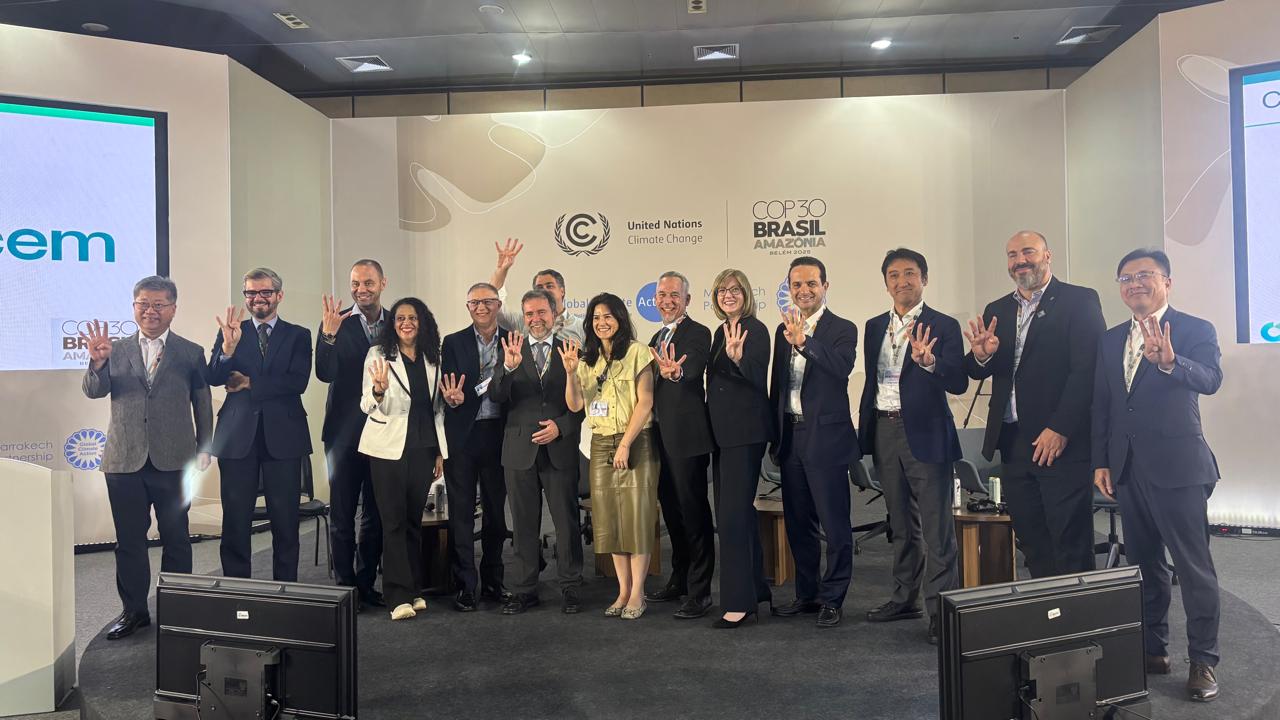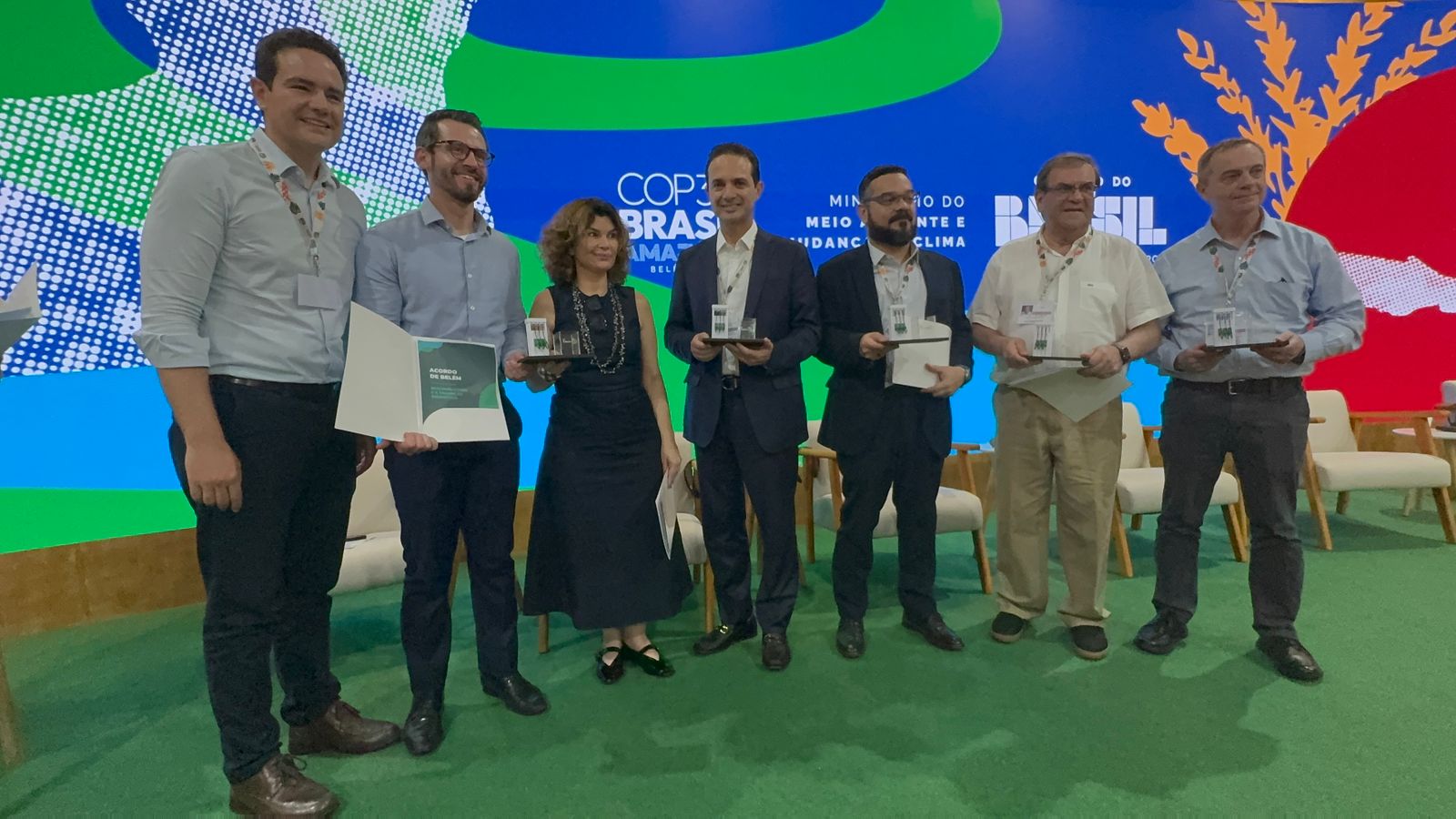The new National Biofuel Policy (RenovaBio) went into effect on Tuesday (24), seeking to reduce CO2 emissions in Brazil by increasing biofuel production capacity (ethanol and biodiesel). This government policy will support Brazil in the achievement of goals set under the Paris Agreement.
The Chairman of the Brazilian Sugarcane Industry Association (UNICA), Evandro Gussi, explains that RenovaBio is a systematized decarbonization platform. “Companies, organizations and people want to neutralize their emissions and will do so by improving their production processes. However, some will fail to reach the proposed goals. In these cases, we will have the biofuels sector offering this service with safety and professionalism,” he says.
RenovaBio widens the scope for discussing biofuels’ role in the energy matrix, with development based on environmental and economic sustainability, in addition to decarbonization credit trading.
How does it work?
UNICA’s Economics and Sector Analysis Manager Luciano Rodrigues explains that RenovaBio provides three key elements to biofuel producers: “The first one refers to the decennial decarbonization goal. The second involves the mechanism for recognizing the decarbonization power of biofuels. The third refers to the instrument designed to encourage productivity and efficiency gains.”
When adapting to RenovaBio, biofuel plants must measure how much CO2 they emit throughout the entire production process —from soil preparation for planting sugarcane to emissions by automobiles. Based on this information, an inspecting firm accredited by the National Agency of Petroleum, Natural Gas and Biofuels (ANP) validates this survey and checks whether the plant complies with environmental laws, considering that RenovaBio establishes zero deforestation.
Once the new policy’s norms are observed, the producer receives an energy efficiency score defined by ANP, which will determine how many liters of biofuel are needed to avoid the emission of one metric ton of CO2 into the atmosphere. This amount is equivalent to one Biofuel Decarbonization Credit (CBio).
To achieve actual decarbonization of the fuel matrix, national emission reduction targets will be established for a period of ten years. These targets will be divided into mandatory individual annual goals for all fuel distributors. To reach annual targets, distributors can increase their biofuel sales or buy CBios to offset emissions generated by fossil fuels.
What is CBio and how does it work?
The Biofuels Decarbonization Credit is a financial instrument that allows trading of such credits in order to prove the target of individual fuel distributors, who can buy CBios to offset CO2 emissions and encourage the participation of plants in RenovaBio.
CBios will be issued upon request from the plant and will be proportional to the volume of biofuel produced, imported, and sold. The amount of CBios issued by a producer will be defined by RenovaCalc, a RenovaBio tool that calculates the carbon intensity of the entire biofuel production process.
CBio expires in the same cycle in which it was issued. Therefore, the producer must trade the credit before maturity to prevent harm to market liquidity.
These credits will be traded on the stock exchange and, thus, individuals and legal entities may buy and sell them to generate market flow. CBio pricing will be defined according to supply and demand in the free market.
To validate CBio purchases and achieve decarbonization of the matrix, the buyer needs to write off the credit acquired at ANP. Once written-off at the agency, that specific CBio ceases to exist and can no longer be traded.
According to the director of the Biofuels Department of the Ministry of Mines and Energy (MME), Miguel Ivan Lacerda, CBio organizes demand for a product.
“CBio is nothing more than the tangibilization of the sustainability service provided by biofuels to the market, which requires a carbon emission reduction product nowadays, as well as to the producer,” adds Lacerda.



